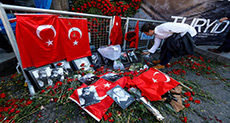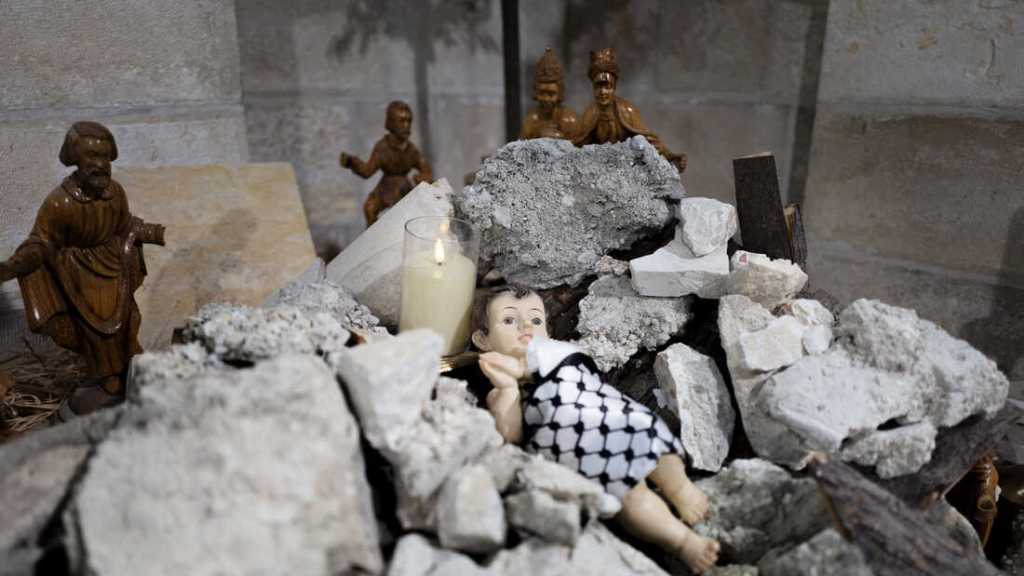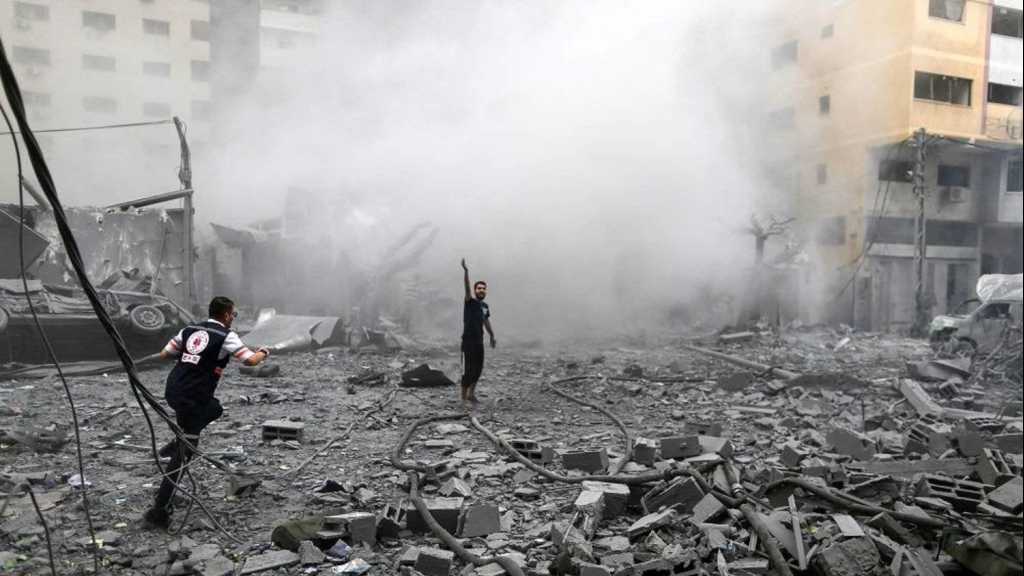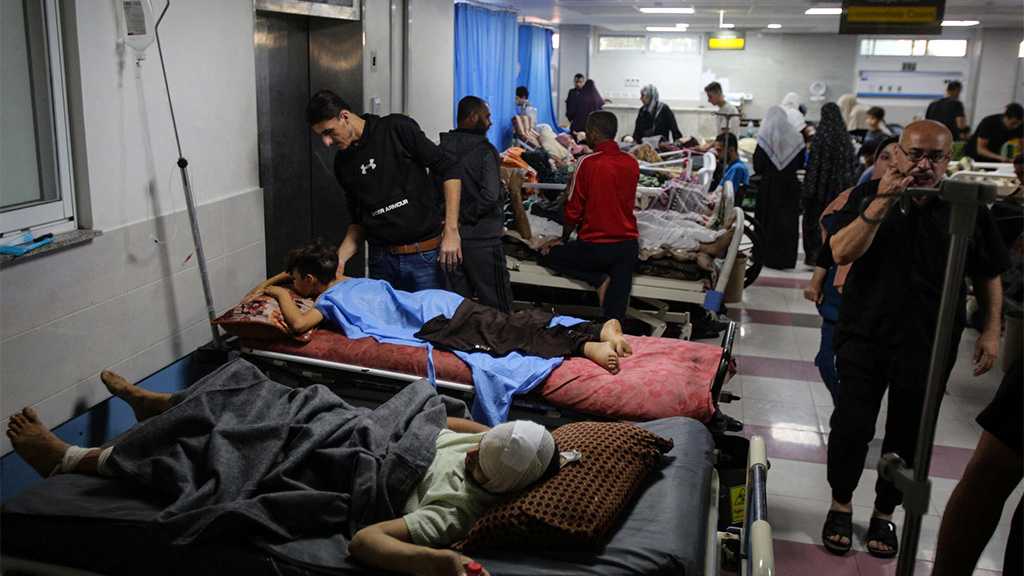
Turkey Steps Up Scrutiny on Muslim Migrants from Russia

Local Editor
Turkey increased scrutiny of Russian-speaking Muslim communities in the past few months following a series of attacks blamed on Daesh [Arabic acronym for "ISIS" / "ISIL"], a concrete example of the renewed relationship between the two countries.

Turkish police raided the homes of Russian-speaking immigrants in Istanbul, detained many and expelled others, according to interviews with Russian Muslims living in the city. At least some of those targeted by Turkish authorities are known to be sympathetic to radical extremist movements.
The security activity indicates that Russia and Turkey are sharing intelligence, part of a newly forged alliance that had also seen Moscow and Ankara work together on a peace deal for Syria.
The roundups mark a change for Turkey, which had historically welcomed Muslims fleeing what they say is repression in countries including Russia, among them communities who fought government forces in Russia's North Caucasus.
"Around 10 of my acquaintances are in jail now," said Magomed-Said Isayev, a Muslim from the Russian North Caucasus mountains, who moved to Istanbul three years ago.
He said for most of his time in Turkey he had no difficulties with the authorities. He said he had done nothing to harm Turkish citizens, but now he felt he was no longer safe from the threat of detention.
Turkey had been criticized by some Western allies for being too slow to stop the flow of foreign militants crossing its borders to join Daesh in Syria and Iraq in the early years of the militant group's rise.
Turkey rejected such suggestions, saying it needed greater intelligence sharing from its allies in order to intercept would-be militants. It has tightened its borders and last August launched a military campaign in Syria to push Daesh away from Turkish territory.
Several recent Daesh attacks in Turkey had been blamed on Russian-speaking attackers. After a gun-and-bomb attack on Istanbul's Ataturk airport that killed 45 people last June, police detained two suspects from the North Caucasus.
An Uzbek had been charged with a gun attack on an Istanbul nightclub on New Year's Day in which 39 people were killed.
"Before that, Turkey was very loyal to those who came from ex-Soviet countries," said Russian Muslim activist Abdul-Alim Makhsutov, who had lived in Istanbul for several years. "We have a long-established tradition of moving to Turkey for religious reasons and to escape pressure. The terrorist attacks tarnished this reputation."
Turkey provided sanctuary to Muslims from Russia since the 19th century, when the czars conquered the mainly Muslim North Caucasus region. A new flow of migrants was prompted by two wars in Chechnya in the 1990s and 2000s, and a crackdown on extremists in the south of Russia that continues today.
A Turkish security source said operations had increased following the recent attacks and that raids in areas where foreigners were living had shown that militants were living in and hiding among those communities. "Our operations are not limited to specific parts of Istanbul but all across the city. It is about foreigners without the necessary paperwork, passport or ID. We fight crime wherever it may be," a Turkish police official told Reuters.
A Russian security official said Moscow had been sharing lists of suspicious extremists with Ankara for two or three years, but Turkey had only started using the information in the wake of recent attacks, as it has become a clear target for militants.
Russia's Foreign Ministry and Federal Security Service did not respond to Reuters questions about intelligence-sharing with Turkey. A Turkish intelligence source said they were cooperating more with Russia but declined to give further details.
Source: News Agencies, Edited by website team



